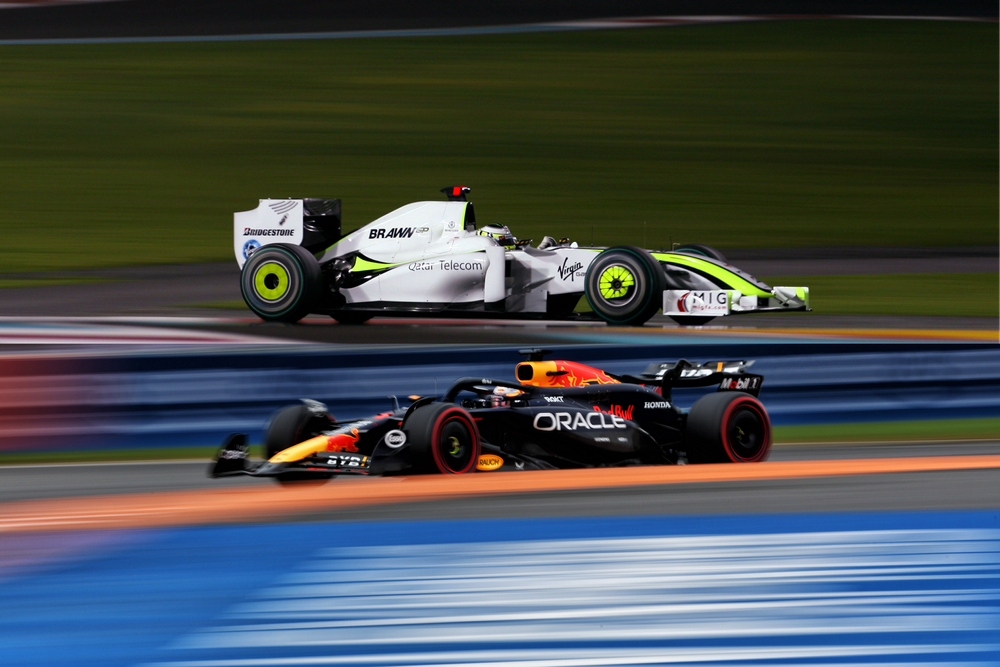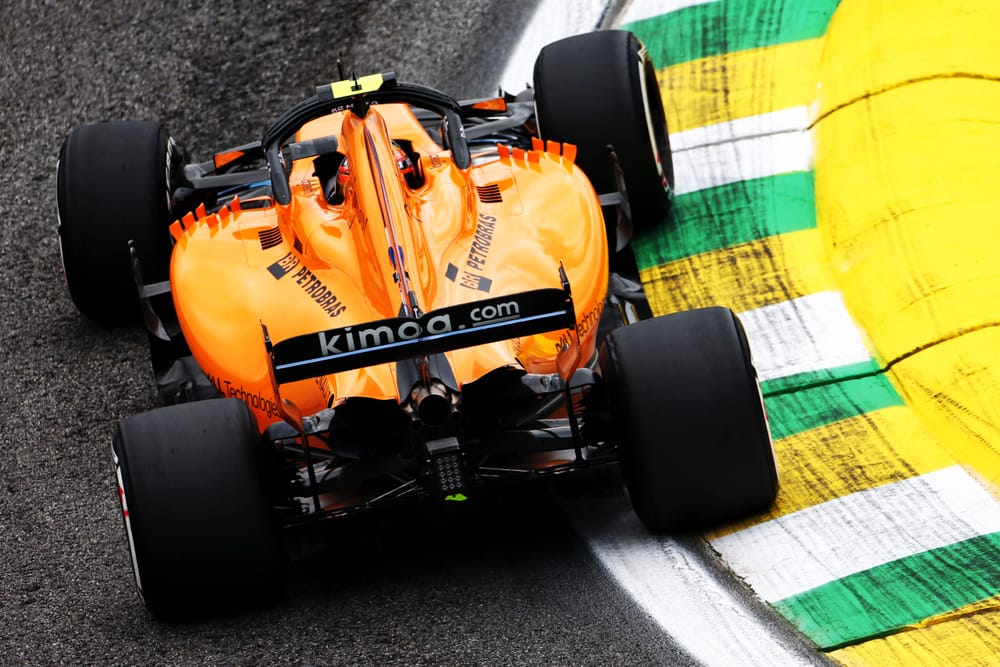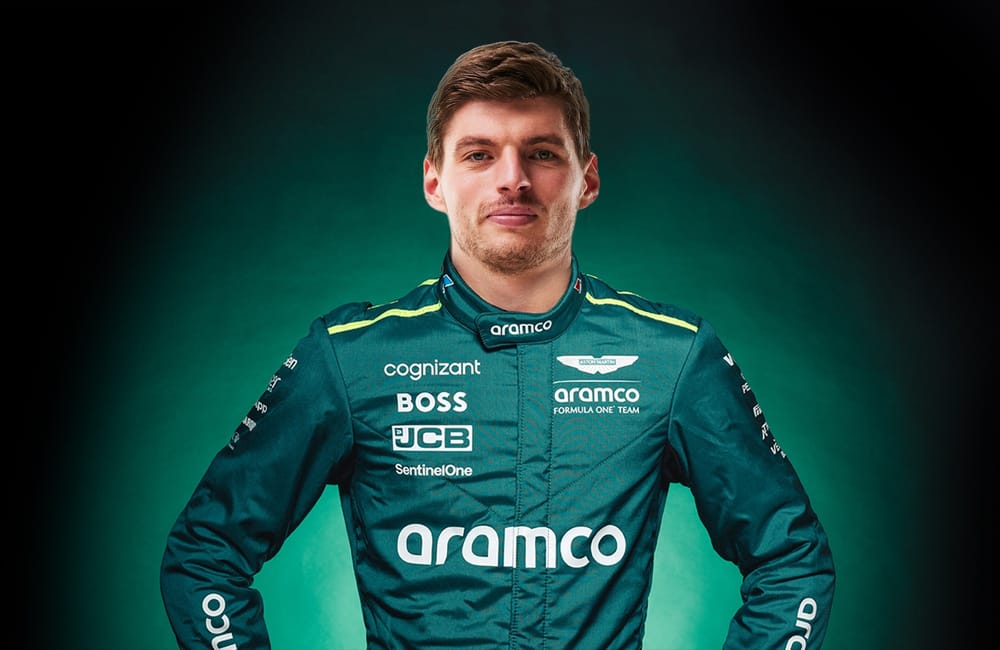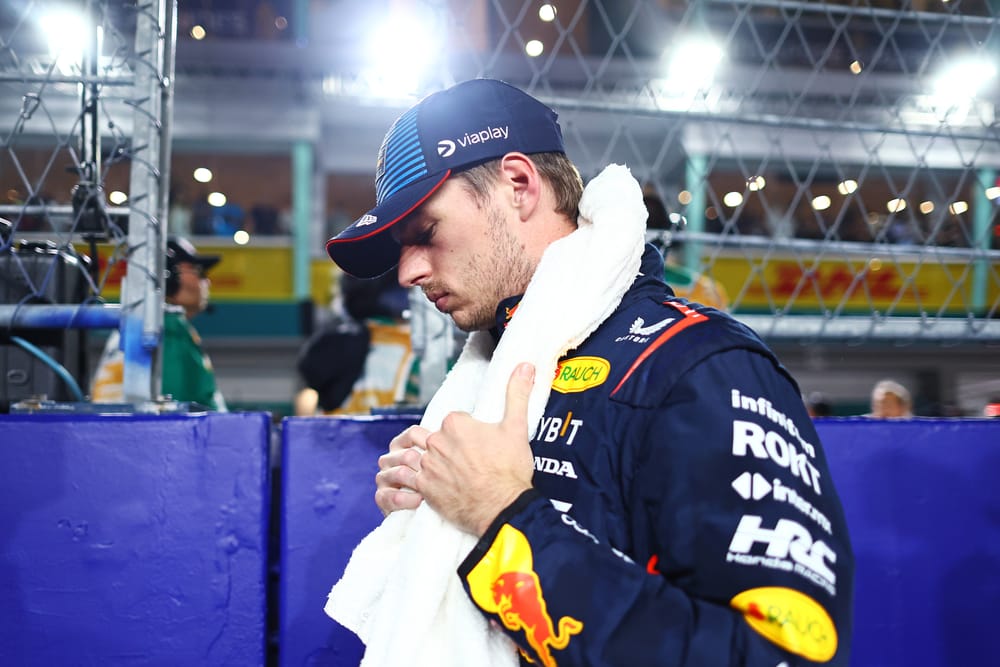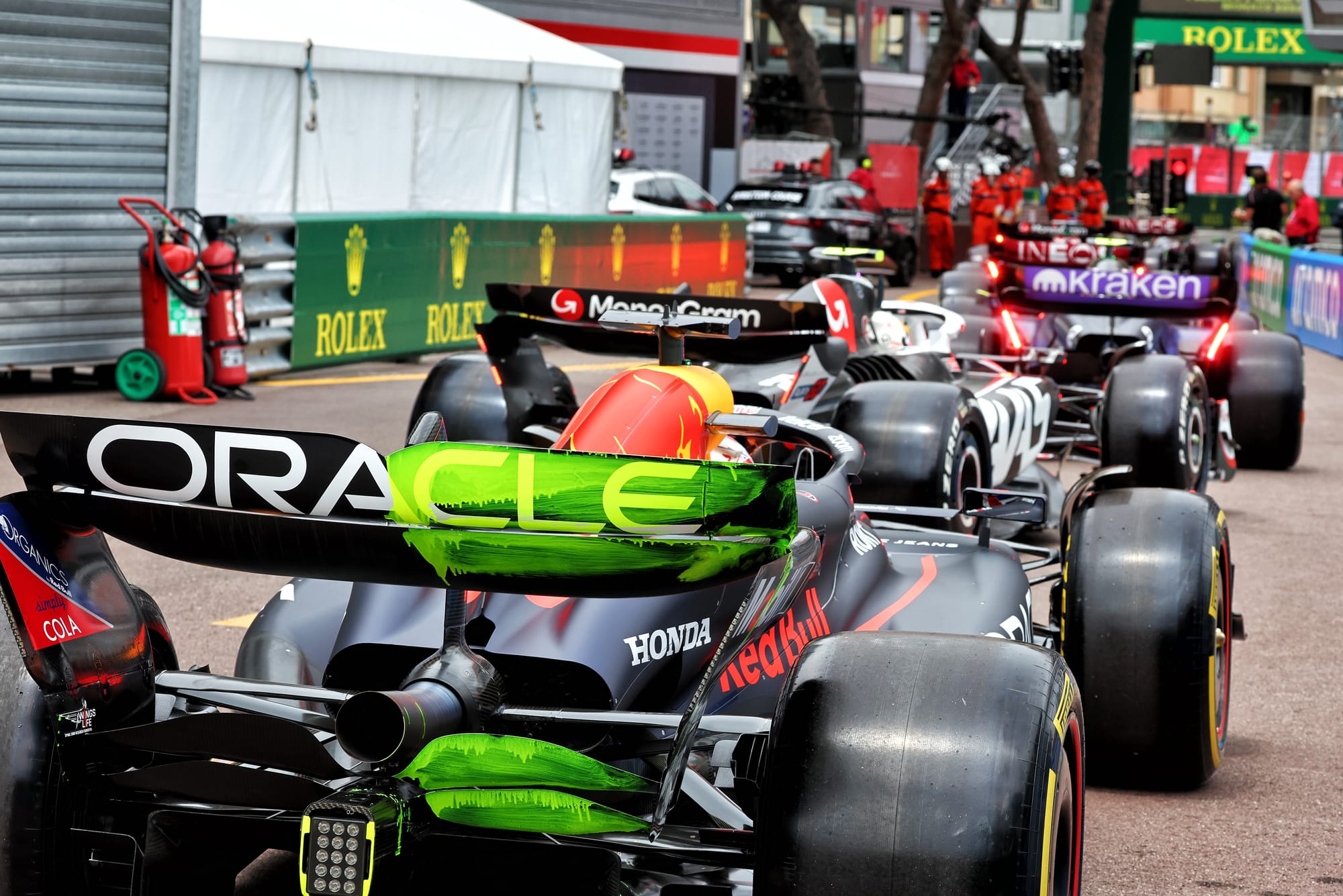Up Next

It's not uncommon for a driver with a clear Formula 1 world championship lead to win a little less in the second half of the season as they play the percentages, or for an initially dominant team to have its early advantage whittled away and visit the top step less often as the year goes on.
But should Max Verstappen and Red Bull’s winless run continue to the end of the 2024 F1 season - and yet Verstappen still pull off the drivers' title - it would be an almost unprecedented degree of limping to an F1 crown.
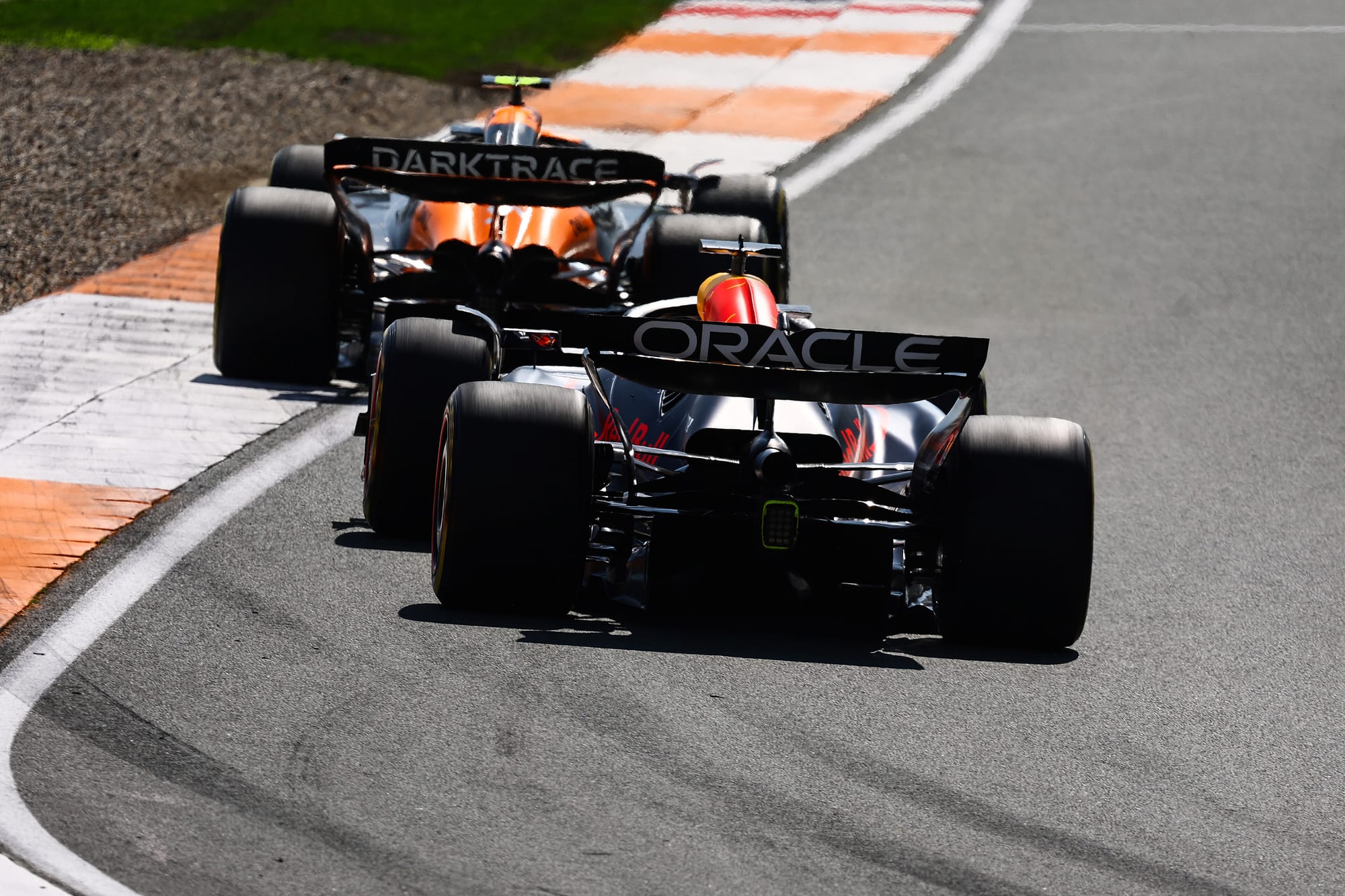
Almost, because there's just one season that would still pip Verstappen's on that front.
With Red Bull upgrades to come and Verstappen still notching up podiums anyway, the chances remain high that his win drought will end during the remaining six grands prix and this will be a moot point.
But should he continue to go winless, then - focusing on full races only and discounting the Austrian Grand Prix sprint victory that came a week after his most recent GP win - Verstappen will become champion despite his final grand prix victory occurring as early as 41.67% of the way through the season, at the Spanish GP in June, round 10 of 24.
The only champion in F1 history who made it to the title on a worse winless run under that calculation method is Jenson Button, whose final 2009 race win came at the Turkish GP that June, which was 41.18% of the way through the season, round seven of 17.
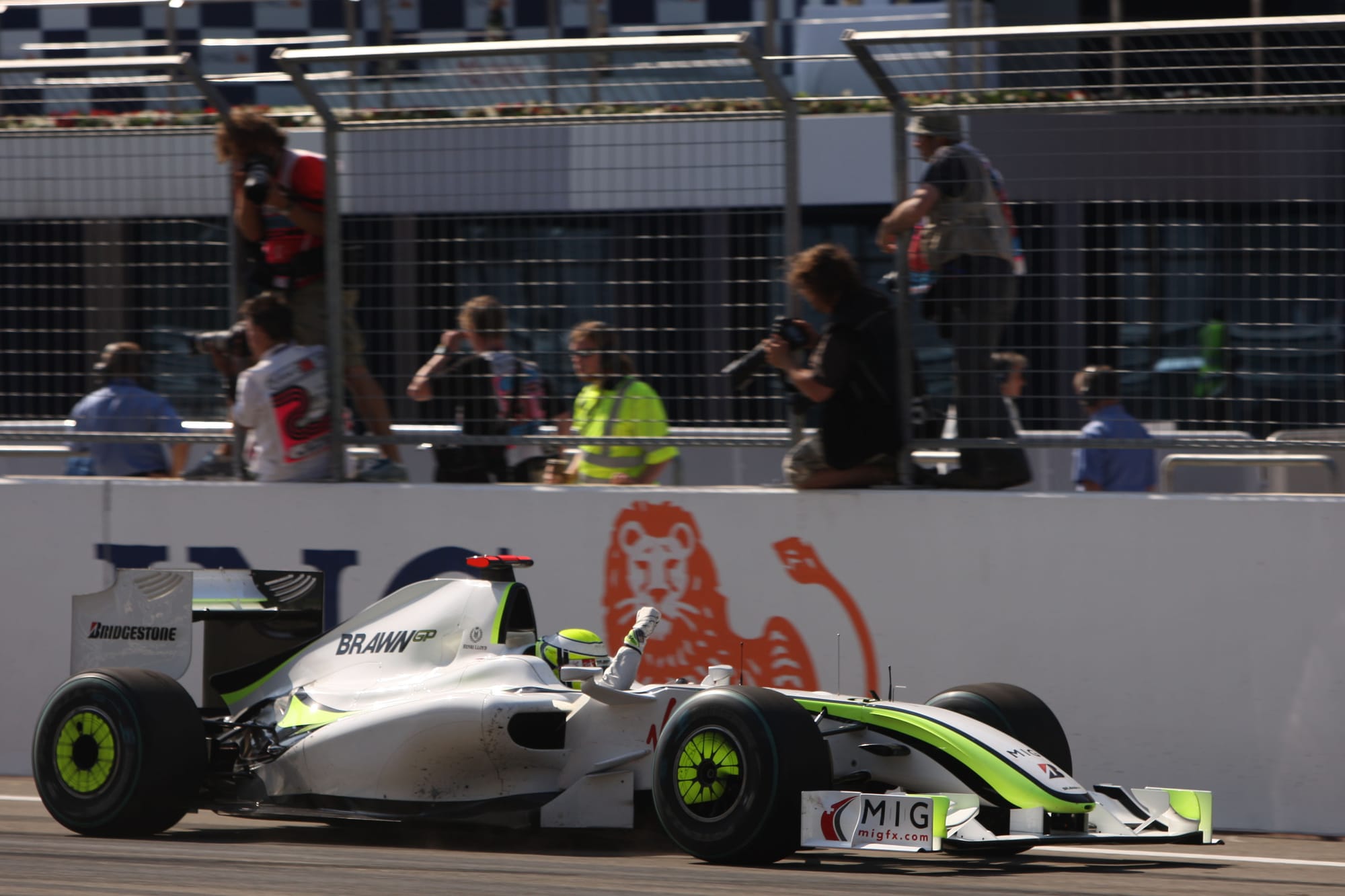
When that parallel was raised on a recent episode of The Race F1 Podcast, host Edd Straw raised a very, very important distinction: that for all the focus on the Brawn car being reeled in due to the hurriedly rescued ex-Honda team's financial limitations, Button's actual performance became "shaky".
And you really can't say that about how Verstappen's driven as Red Bull's lost its way in 2024.
Dominant cars reeled in for very different reasons
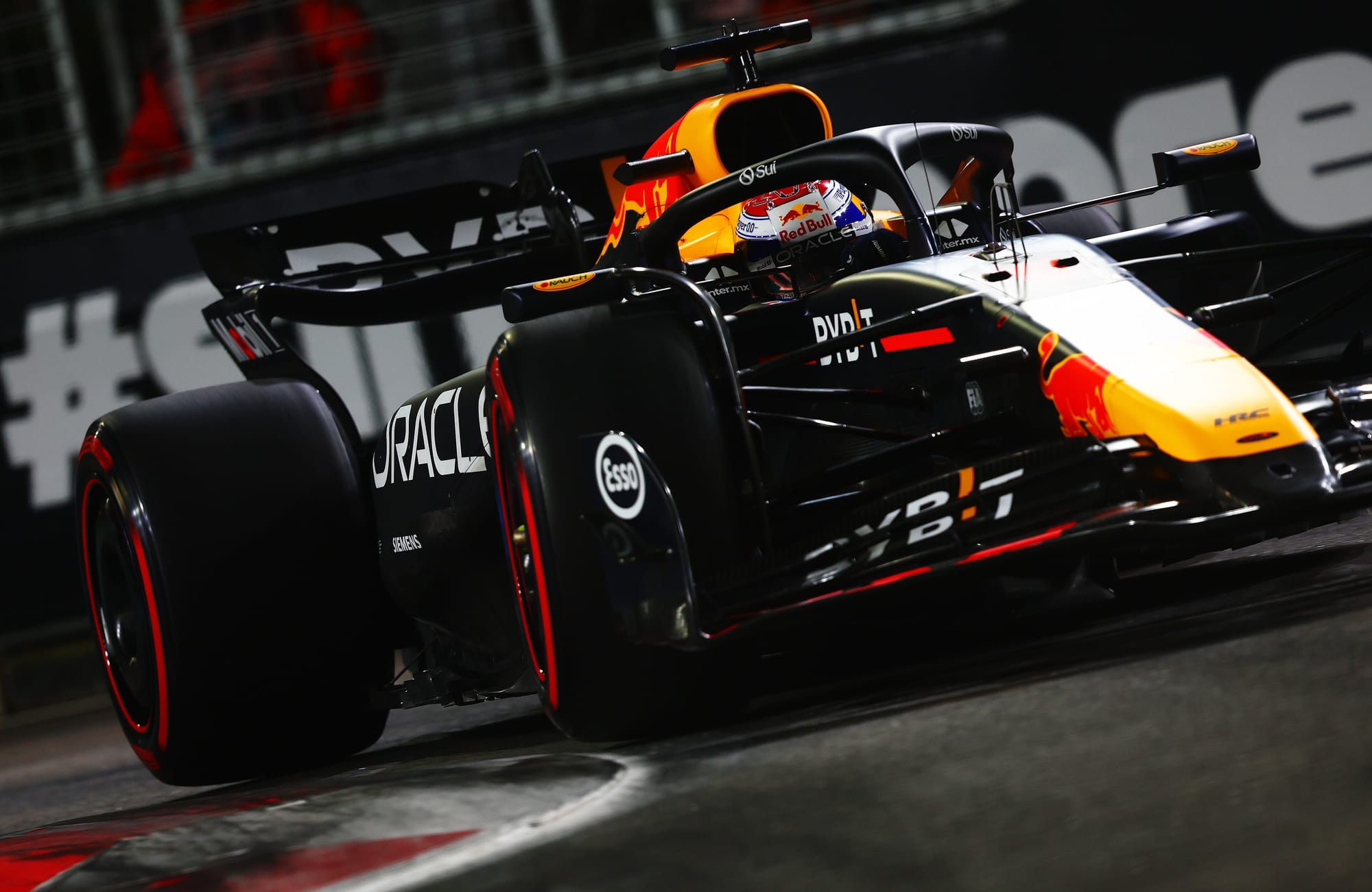
Though Red Bull's win drought appears sudden in the context of how unbeatable it looked at the beginning of 2024, the balance disconnection problems now hampering Verstappen so severely have been creeping up on the team for a while, compensated for by the quality of Verstappen's driving and the team's execution combined with rivals only now getting it together. There's also a degree of a performance ceiling being hit under these regulations.
Brawn GP had - in its struggling Honda guise - written off 2008 to pour resources into getting a head start on the very different 2009 aerodynamic rules and exploited the game-changing 'double diffuser' loophole along the way while McLaren and Ferrari took their eyes off the 2009 ball amid their ferocious 2008 title fight.
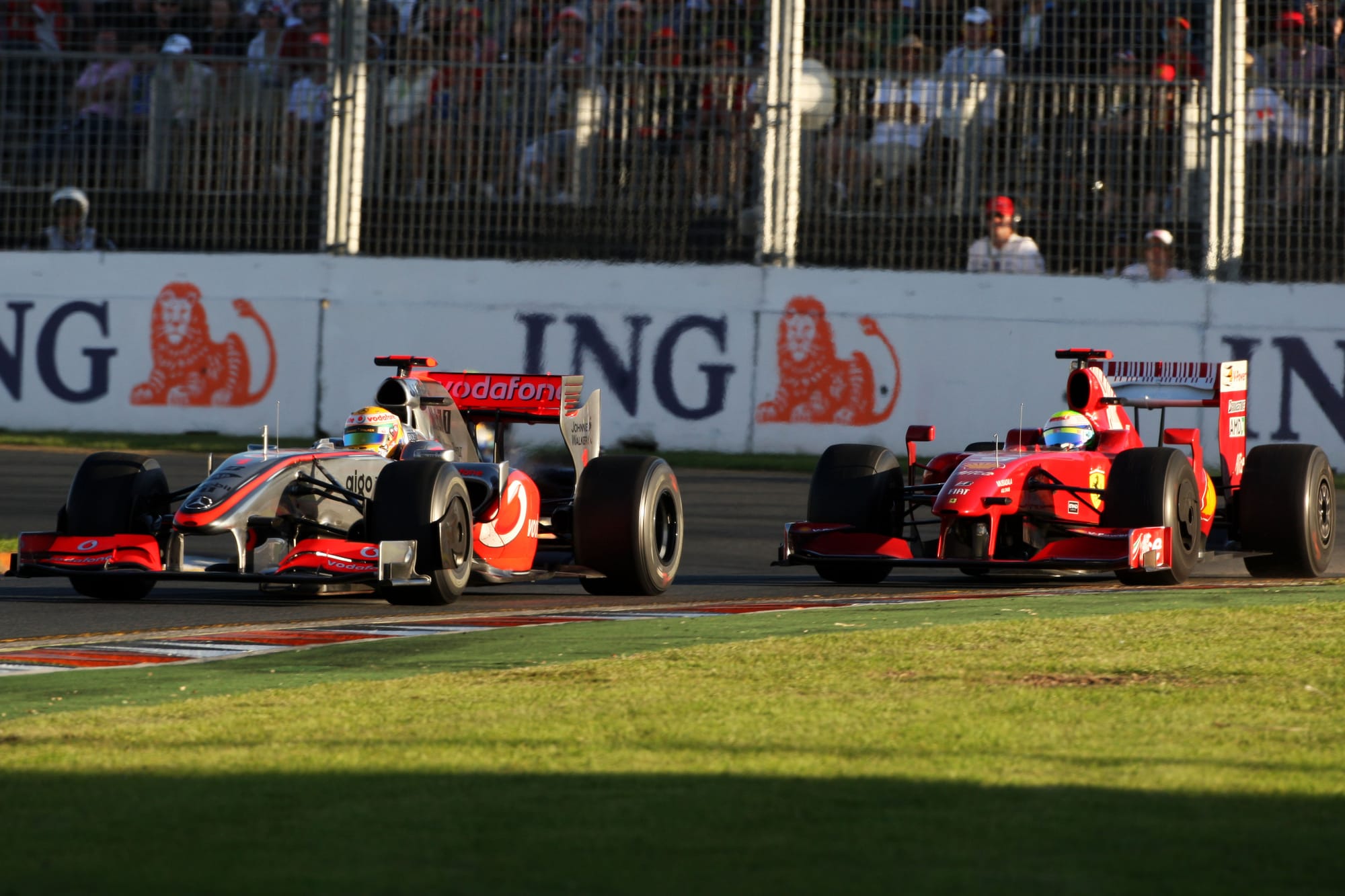
But then the circumstances of Honda's pullout and the management buyout that created Brawn GP meant an adequate running budget contribution from Honda but a development budget that had to be very, very cautiously eked out until a buyer could be found to secure the team's future - as Mercedes eventually did.
"The lack of development from Brawn was one thing, but also there were plenty of developments from other teams," Straw explained when our Bring Back V10s podcast made a visit to V8 territory for an episode on the 2009 Belgian GP.
"As well as the double diffuser, they could see other good ideas that Brawn had: for example, the early days of outwash geometry on the front wing.
"They were taking ideas from Brawn and developing quicker as well."
Ben Anderson added: "It's a little bit similar to what we saw from Ferrari in 2022: a team starting the season with objectively the quickest car because it invested a lot of 'pre-resource' into a new ruleset to get ahead.
"And then during the season sometimes you can get a little bit stuck; when you're ahead of the game, it's not always clear what avenues to explore. Then you add the financial pressure in for Brawn."
The key difference
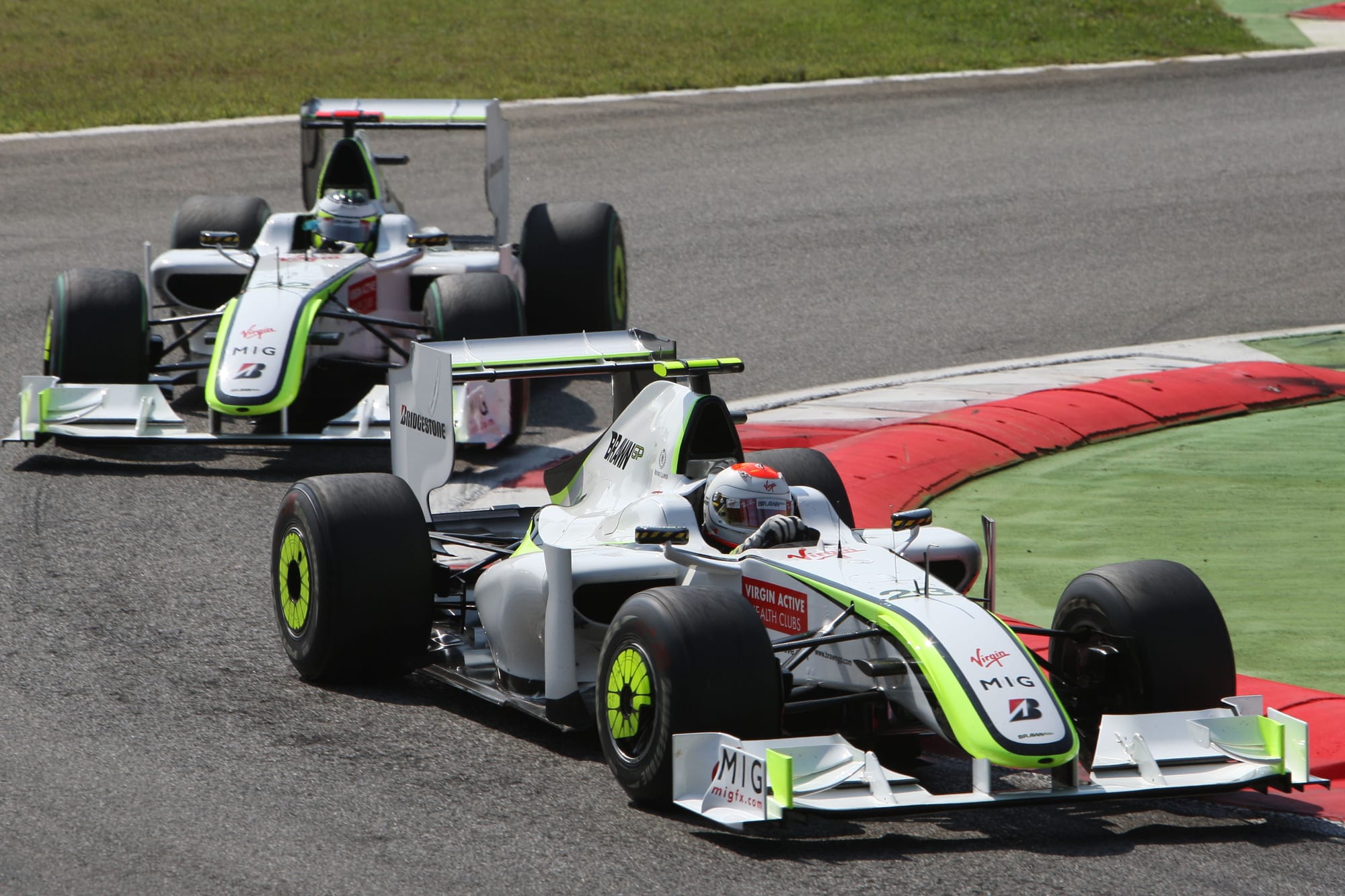
But whereas Verstappen has mostly maintained a clear performance advantage over Red Bull team-mate Sergio Perez during the tough times, Button found himself falling behind Brawn team-mate Rubens Barrichello on track and coming under increasing championship pressure from the other side of the garage having dominated intra-team matters at first.
Button only took one podium finish between his Istanbul win in June and the season finale in Abu Dhabi once the title was clinched, and that podium was second to Barrichello at Monza - which was the Brazilian's second victory in three races following a Valencia triumph.
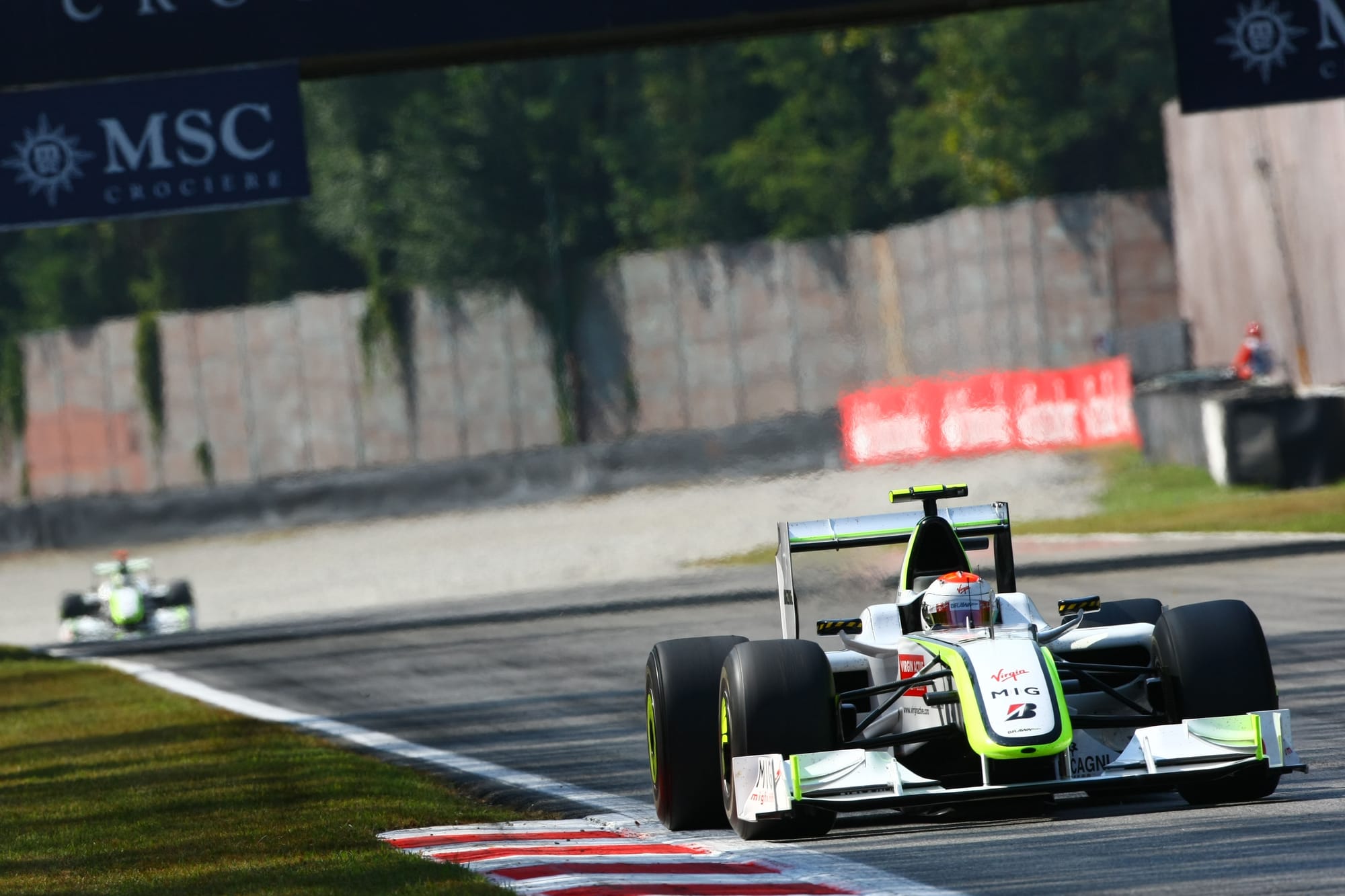
As team boss Ross Brawn put it in his book Total Competition: "We had this championship almost within our grasp, but then we underperformed in the middle of the year. I think some of it, by his own admission, was Jenson feeling the pressure."
Button agreed in his own book, writing "for reasons that may well have been partly psychological, I was finding it difficult to drive" the car, while Brawn CEO Nick Fry said the injured Felipe Massa telling Brazilian media it looked like Button was 'choking' hit on something the team itself was unwilling to admit at the time.
"Felipe was right," Fry wrote 10 years later in his book about the Brawn season. "Jenson was cracking under the pressure to close out his championship. There was no doubt that Jenson had tightened up, especially in qualifying."
On Bring Back V10s, Anderson recalled interviewing Button's then-engineer Andrew Shovlin "about how you always had to fix the oversteer for Button" and that making clear how Button's problems would snowball and the psychological doubts and car handling question marks would intertwine.
"If the rear was unsettled, Button couldn't drive the way he wanted," Anderson explained.
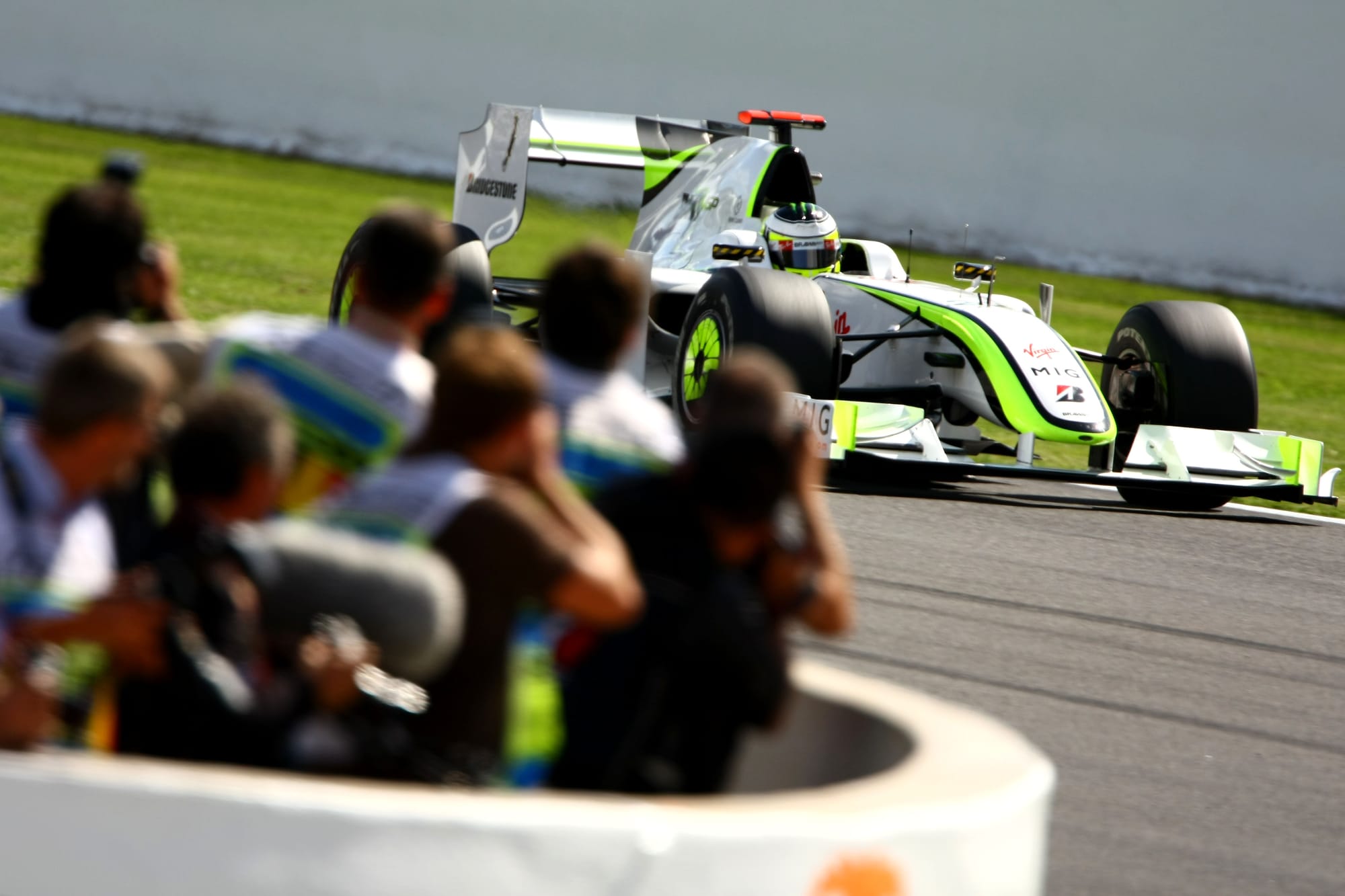
"You can imagine the engineering team just dialling in more rear end to try to stabilise the back and that produces understeer and that means he can't warm up the front tyres.
"That locked him into a cycle where he couldn't drive the car how he wanted because of rear end instability; the changes to fix that would mean he couldn't get the front tyre temperatures and then he couldn't nail the qualifying laps."
Straw added: "That fed massively into the fact that he was struggling to have the mental strength to push through it.
"Elite sport is a mental thing, that side is so, so important and it was the first world championship battle he'd gone through and that was uncharted territory for him.
"It just created a perfect storm of car struggles, the car getting fundamentally a bit less competitive and people pointing the finger at him. I remember some quite frosty media sessions where he'd be asked about this."
It's the current Red Bull's tendency to understeer that's unsettling Verstappen and his very different driving style, yet he's able to wring out enough performance regardless to maintain an ample championship lead - and though he often comes across furious about it in the moment, there's zero self-doubt in there and his performances feel pretty impervious to both Red Bull's competitive decline and the off-track controversies and power struggles in the team.
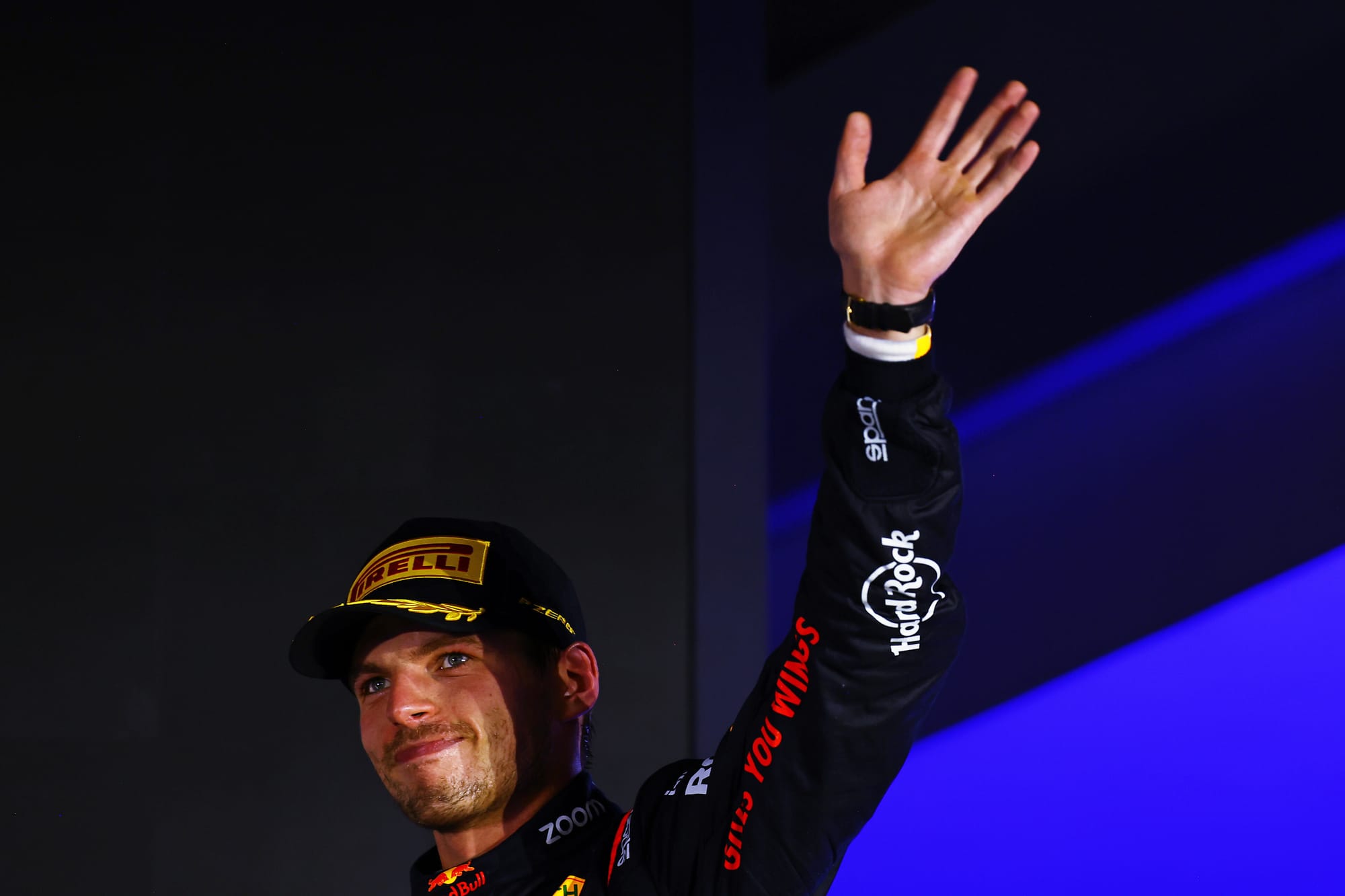
As Samarth Kanal put it on The Race F1 Podcast: "'Relaxed' isn't the word because you can see situations where the cracks forming at Red Bull make him infuriated, like the understeer problems that he's got, but he's a far more confident and almost nonchalant, in a sense, figure. It's just a lot easier because he's not got the pressure of trying to win a first title hanging over him.
"It takes a real maturity and also a kind of weird ruthless talent to keep away from things that might affect you, a sort of stoicism to turn up and almost pretend.
"You're acknowledging that something bad is happening in the background but you're compartmentalising and just doing a really good job on track, it's almost a robotic will to just concentrate on the wheel.
"Verstappen's definitely got that edge."
On the same podcast episode, Scott Mitchell-Malm suggested a 2024 Verstappen title would be more impressive than his dominant 2022 and 2023 crowns "because there's been that adversity to overcome and his performance during that adversity compared to his rivals is extremely high. The fact the points gap now is almost exactly the same as it was after Miami in May [52 points over Lando Norris now vs 53 over the McLaren driver after Miami] reflects really well on Verstappen".
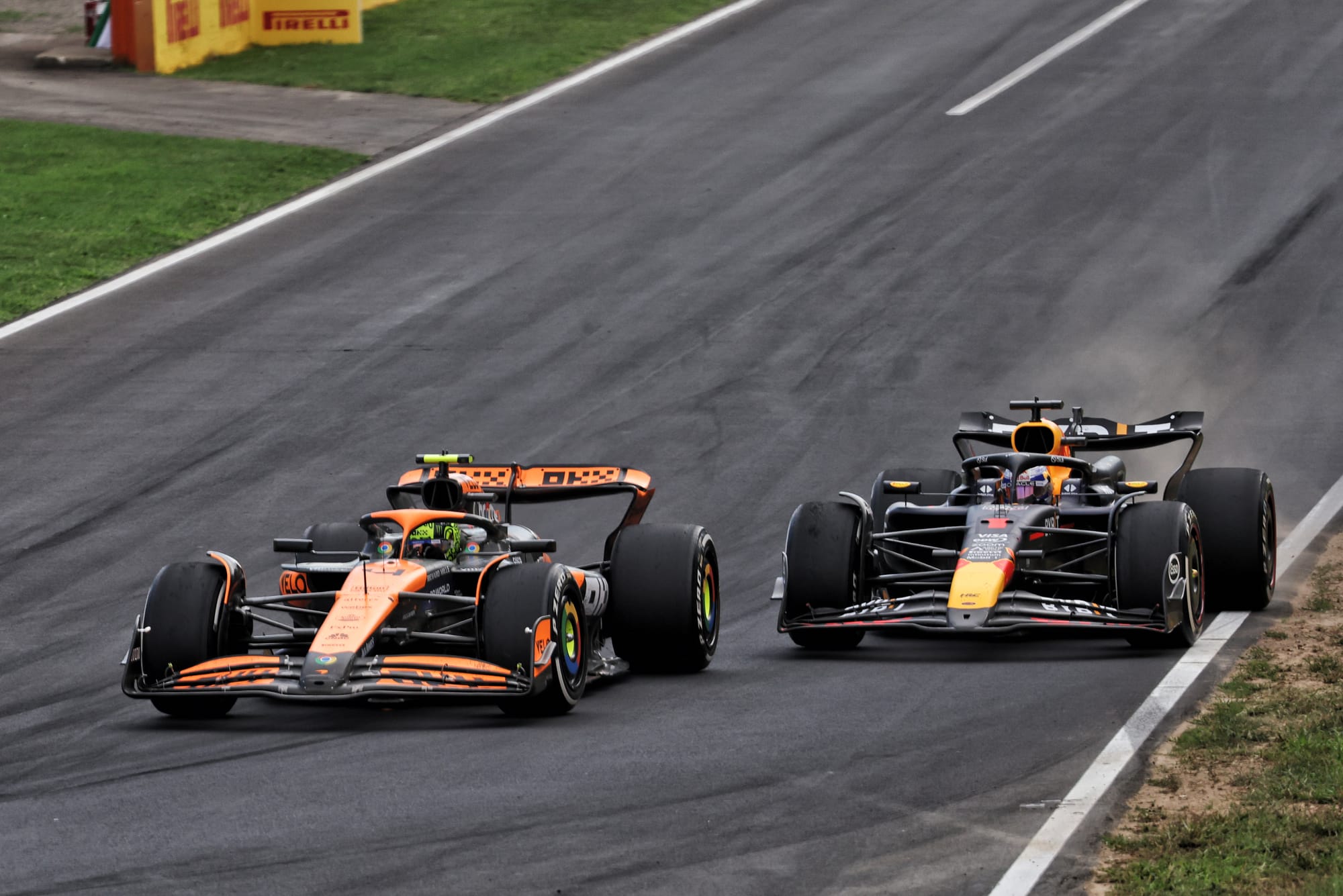
Straw took it a step further and suggested it will be a stronger performance than Verstappen's ultra-close first title win over Lewis Hamilton in 2021.
"I haven't seen him struggling to deal with certain things as he did on some occasions towards the end of 2021, though you could say the exception is maybe Hungary," said Straw.
"He's generally coped better with things not going well. Whereas at a race like Jeddah in 2021 he was just over-reaching. But that's experience, isn't it? And it's a different set of circumstances."
In Straw's words, "you only get 'hard-cured' by the intensity of a championship fight" and perhaps we'd have seen much the same in future title bids from Button - whose closest run after 2009 was a long-shot cameo role in the five-way 2010 shootout.
"He looked like a more rounded, accomplished and comfortable-in-his-own-skin driver in the years after that alongside Hamilton at McLaren, because he'd been through the challenges of 2009," said Bring Back V10s host Glenn Freeman.
Did rivals make it too easy?
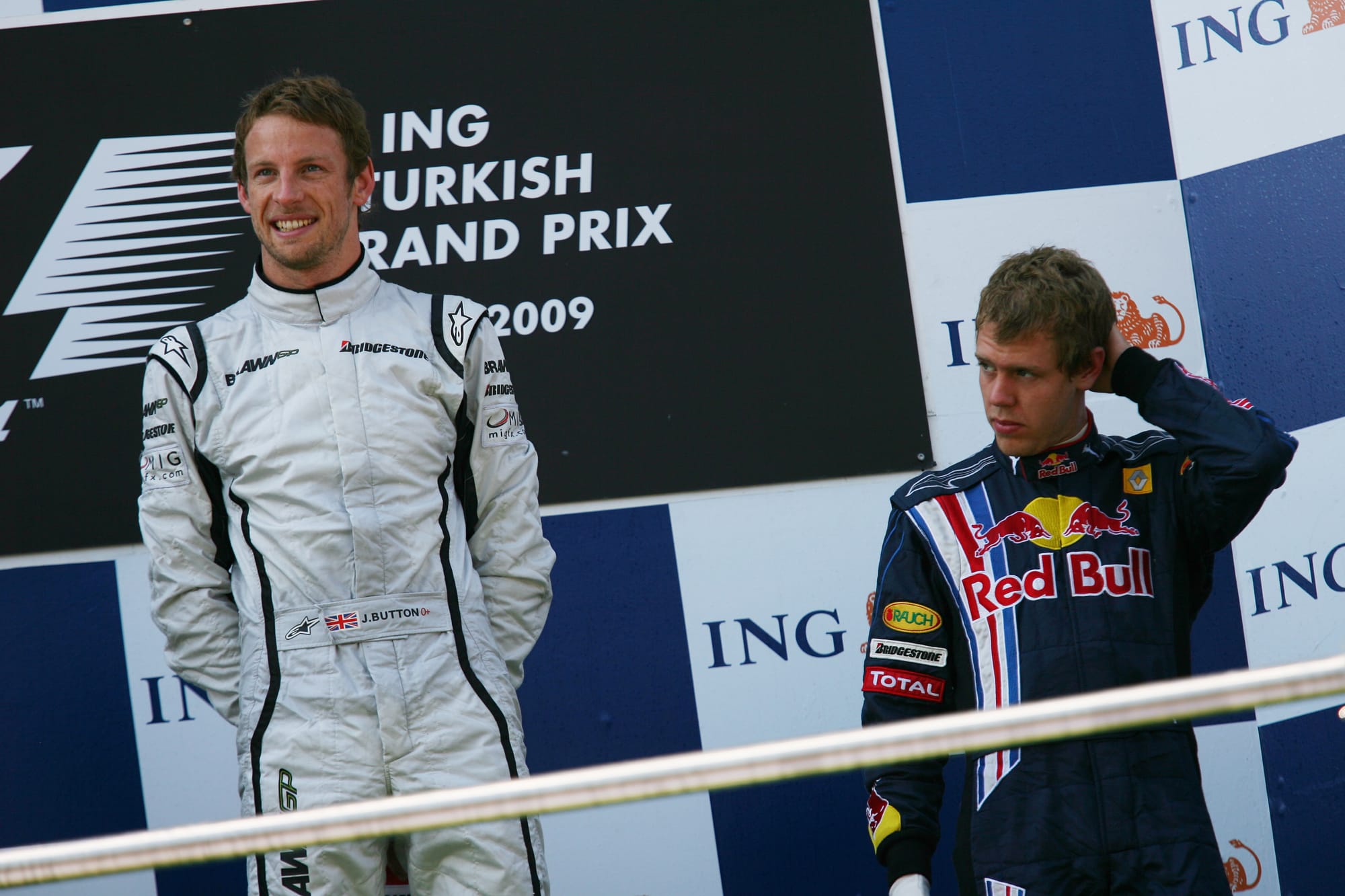
One key similarity between Button's 2009 title run-in and Verstappen's 2024 trajectory is that had a single rival executed their best performances consistently during the middle of the season, the fallow periods from the initially dominant championship leaders would've actually led to championship defeat.
Verstappen has certainly been helped by Mercedes and Ferrari getting in the mix, by it often being Oscar Piastri not best title shot Lando Norris getting the big results for McLaren, and by McLaren not actually making the most of its potential.
In Mitchell-Malm's eyes, though, the title-deciding weeks may well have been a particular period when Verstappen - already by then vocally lamenting a Red Bull decline that the results weren't quite showing yet - squeezed out what could be his final wins of 2024.
"However these final six races shake out, I think he has enough points in hand and enough from the car to see it over the line," said Mitchell-Malm.
"If he does that, I think he will look back and see he won this championship in Canada and Spain in June just by extending that sequence on top and delaying the arrival of McLaren as the actual leading force in F1.
"That's just made enough of a swing. Because if he didn't win those races and Norris did, that swing is more than enough to put this title massively in jeopardy right now. That's what will have made the difference at the end of the season."
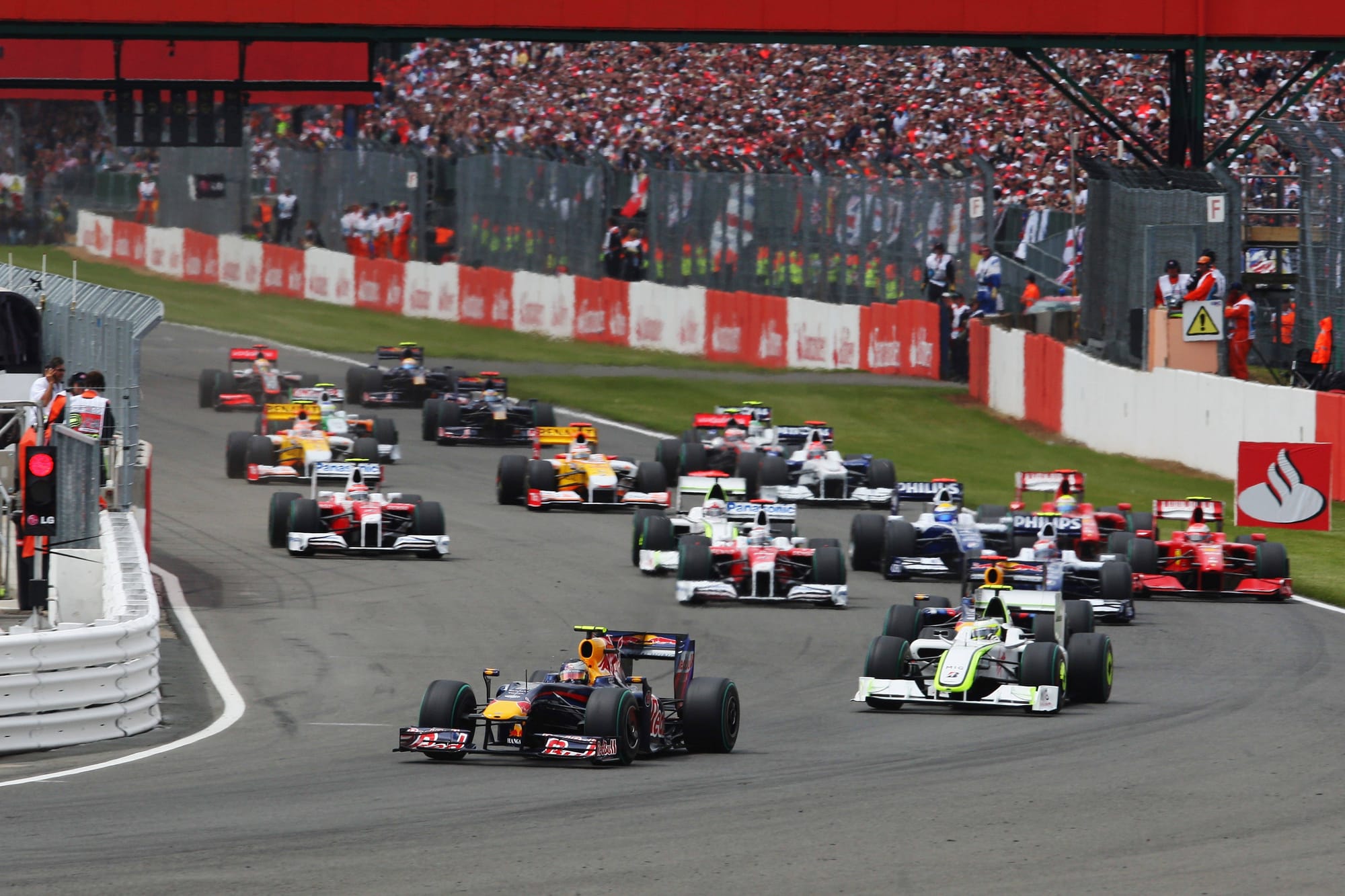
Red Bull's Sebastian Vettel emerged as the driver best-placed to hunt down and deny Button in 2009, with Red Bull very much the pacesetter once its own double diffuser arrived for the British GP that June, a fortnight after Button's final win of the year.
But the fact Vettel didn't succeed in catching Button wasn't down to any Verstappen-in-June style final flourish from Button. Red Bull and Vettel just blew too many points through errors and the odd mechanical problem (plus being uncompetitive at Monza) to give themselves a clear run at closing a gap that still shrank from 32 points to 11 (under the old 10-8-6 system) from Button's last win to the end.
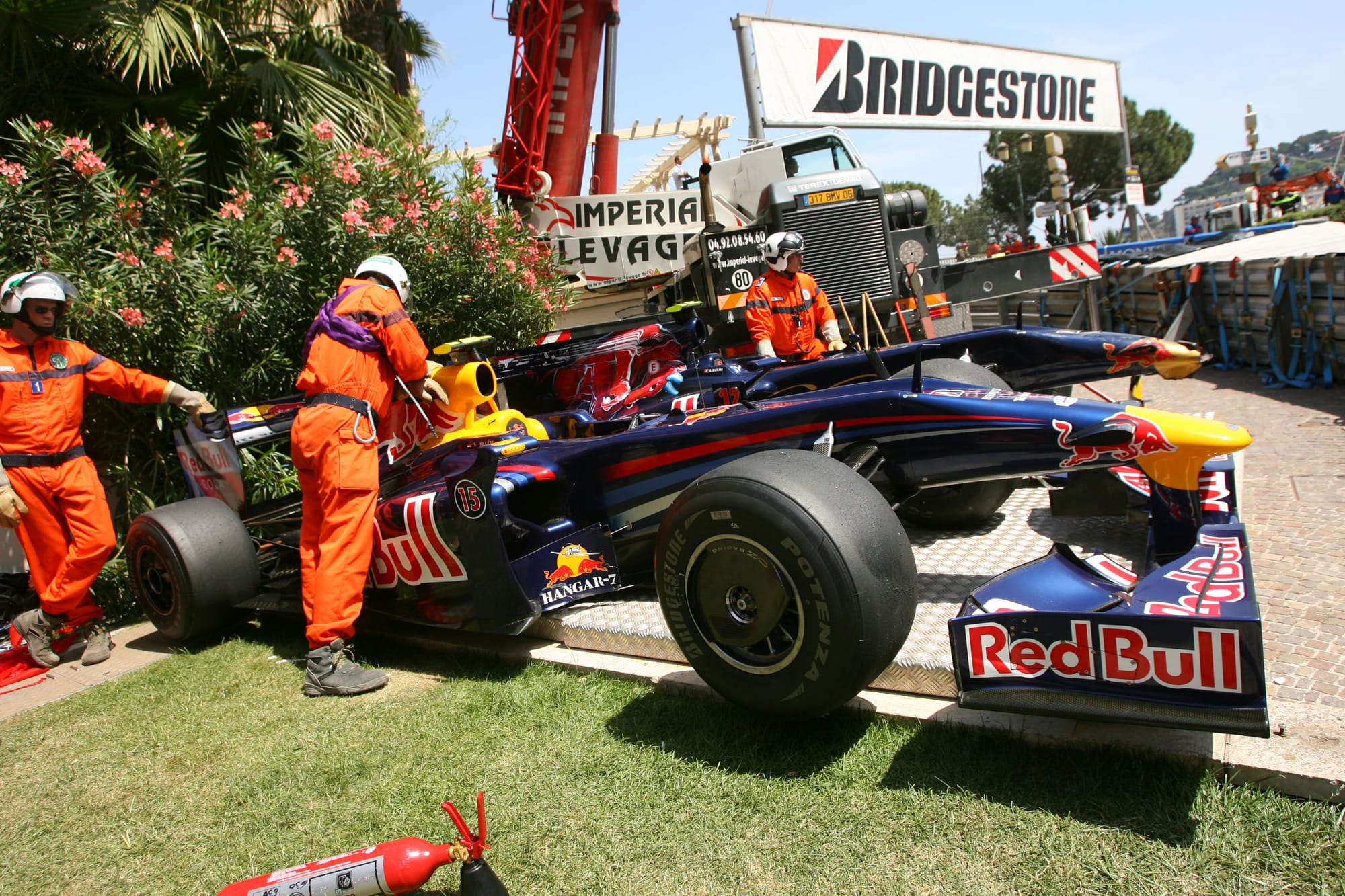
Does history remember any of that, though? Not really. Not compared to the weight of the Brawn fairytale. And there's nothing wrong with that.
As much as Button stumbled through that summer, he had been utterly masterful when dominating the first part of the season and it wasn't all down to a car advantage. His year, even when off the pace, was also far tidier than Vettel's error-littered campaign.
Button's 'wobble' has to be put in the context of the tale of his whole career up to that point; of being thrown into F1 so young, impressing so much immediately then being so ferociously castigated when he couldn't live up to it, of what seemed his big breakthrough with Honda turning so sour, of his F1 career genuinely looking in jeopardy in winter 2008 when Honda quit and then suddenly Brawn providing not just a career lifeline but a title-worthy car but all on such fragile financial foundations that the whole year felt simultaneously glorious, unbelievable and like the ultimate now-or-never moment.
"It was a real long hard struggle to get that championship over the line," said Straw on Bring Back V10s.
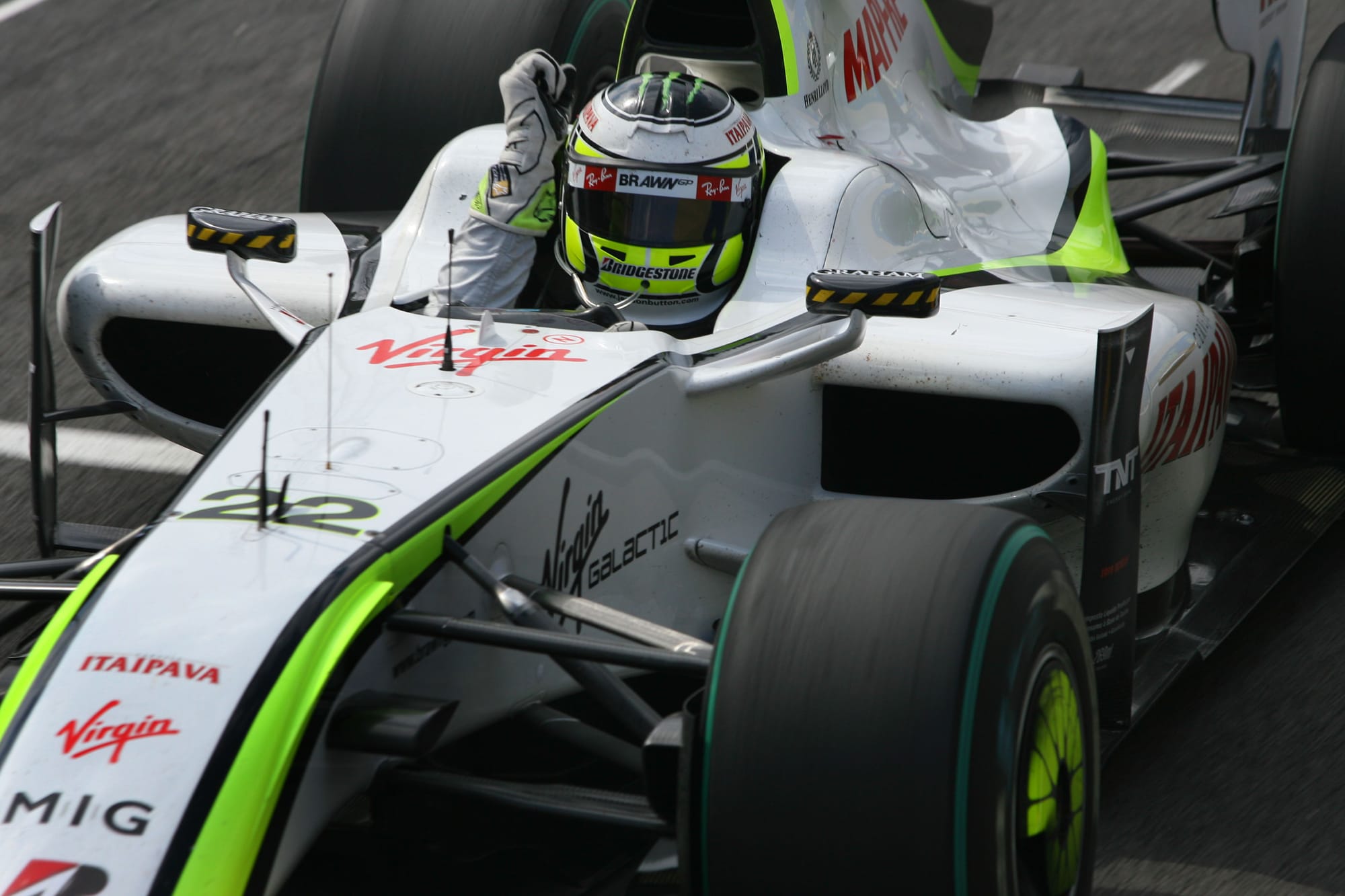
"We should say that in the circumstances he was in, Button did a really good job to fight, battle and get that drip-feed of points to get that championship."
It may not live up to the likely 2024 Verstappen title in sheer season-long driving quality. But the two campaigns that will potentially sit at the bottom of the table in the weird F1 stat of 'earliest final win in a title winning season' both prove that 'limping' to the crown in pure numerical terms can require a far, far more impressive driver performance than dominating a season from start to finish.


